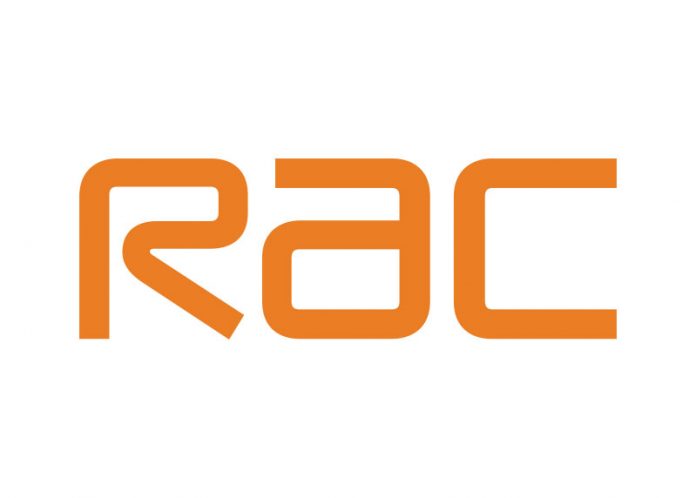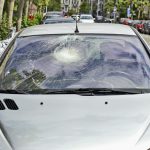A report on the comportment and disposition by Britain’s motorists has been collected annually since 1989. The report analyses road user beliefs regarding ongoing driving concerns and motoring cost implications. Data for the report comes from an aggregate survey collected from both direct physical interviews (1989 to 2007) and internet feedback (from 2008). Respondents for the survey have had a sample size range of 1000 to 2000 motorists yearly.
The RAC survey highlights the challenges Britain’s motorists face with motoring congestion and toxic air pollution. The average motorist loses about £1,000 in the process of sitting in traffic 5 days a week every year. Britain has had an upsurge of 8.5m automobiles since 2000. Authorities look at a decade to clear Britain’s road repair backlog at a cost of £12bn.
About RAC: RAC, a British automotive service company (Royal Automobile Club) limited, was founded in 1897. Its head office is in Walsall, West Midlands. Its subsidiaries are RAC Motoring Services Ltd, RAC Insurance Ltd, and RAC Financial Services Ltd. RAC caters to roadside assistance and provides general insurance.
Motorist feedbacks from the report
- Congestion caused by roadwork: Britain’s motorists believe road congestions are caused by roadworks.
It is understandable why some motorists are unhappy because some projects take up to nine months before being completed. The report shows that 42% of motorists had a concern with ongoing road maintenance in 2018.
-
- Relief: The speed limit will be increased to 60mph through roadworks. Motorists would feel less stressed accelerating away from HGVs (Heavy Goods Vehicles) at 60mph.
- Motoring costs: Motoring maintenance bills have become more expensive because of fuel costs. The report shows fueling is the third most important worry in 2018. They also believe insurance costs have spiked up.
- Action: In 2018 18% of motorists reduced the use of their cars.
- Driving worries:
o Phone use: According to the 2018 report, the use of mobile phones by drivers was another concern. Such behaviour includes calling, texting or internet use.
o Lack of insurance/tax: Some drivers don’t have proper insurance. The report shows 10% of motorists in 2018 had non-updated premiums compared to 6% in 2017.
- Congestion and slow driving time: Motorists say congestion and slow driving time are a serious road challenge.
- Aggressive behavior: According to the 2018 report, 28% of motorists say that aggressive behaviour is one of their top four concerns. Aggressive behaviour includes tailgating, road rage or undertaking.
- Environmental impact: The 2018 report shows that only 12% feel automobile environmental air pollution is of serious concern. Motorists (52%) believe the government is unjustly focusing on diesel automobiles as culprits for air pollution.
Excerpts from the report
- Cars would still be the major form of personal transportation by 2050.
- There is a plan to reduce traffic congestion and growth.
- It is important to carry out the 10-year Plan.
- There is a need to speed up road projects.
- Rail should also be improved.
- The following should be tackled:
o Improved traffic management
o Traffic restraint
- There will be increased investment in transport infrastructure
- Cars will be made safe and clean with green objectives.
- Technology alone isn’t sufficient to curb traffic growth.









































